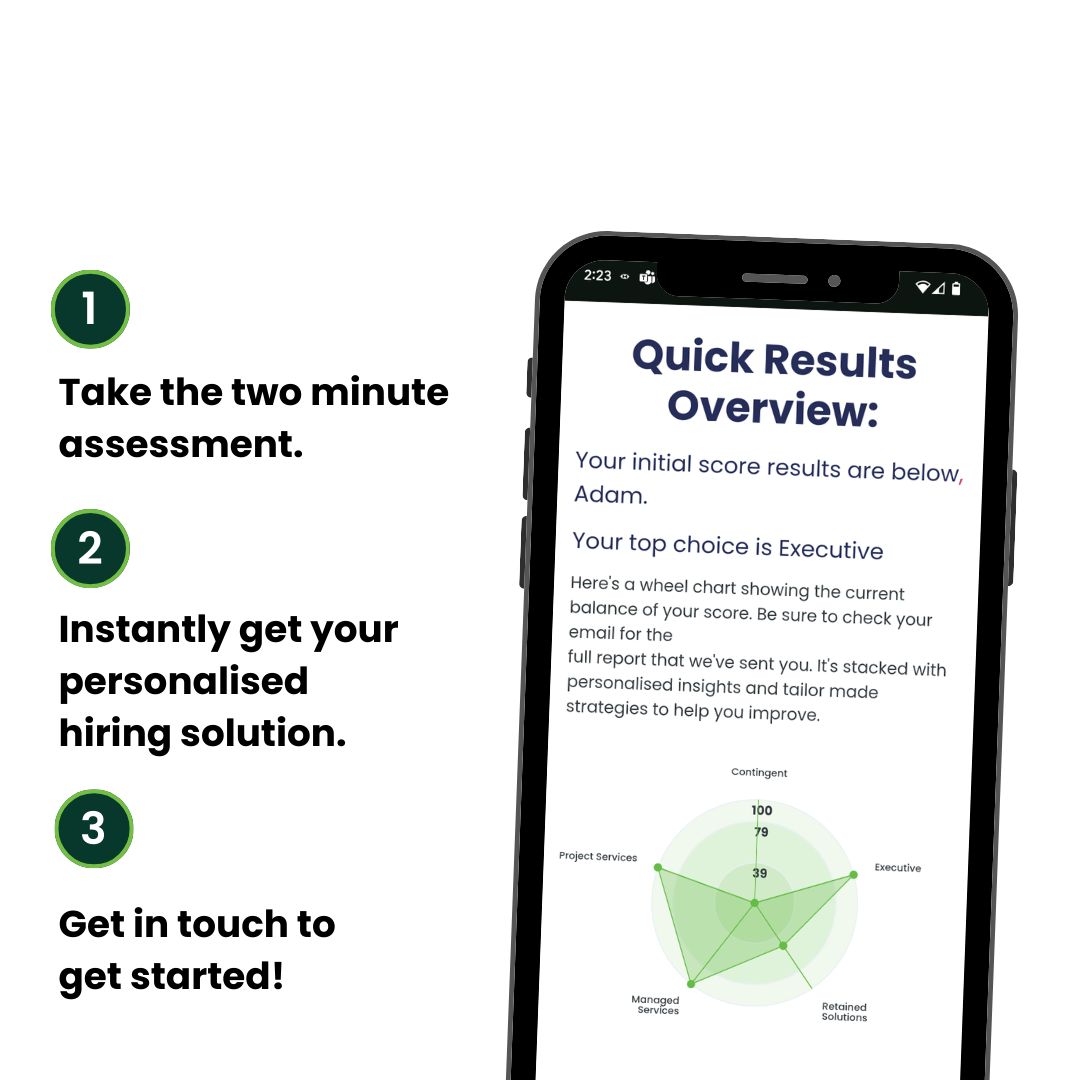


Who are Concept?Tech talent, and then some.
At Concept, we don’t simply offer tech hiring services. Whether it’s one-off, longer-term retained, managed services, or outsourcing solutions you need, our expert consultants are flexible about how they work with you, meeting your business where it’s at. Specialising in areas like IT, Data, Technical, Engineering, Sales, Marketing, and more, we blend data-driven techniques with a human touch to not only connect you with fantastic-fit talent, but get them on board, trained up, and ready to make an immediate impact.
Tech talent for every nicheTech sectors we serve.
The Concept differenceTech talent services, custom-made for you.
Whether you're scaling up in need of a full tech team, or an established enterprise looking for specialised skills, our recruit, train and deploy capabilities mean that we’re able to connect you with the best tech talent whatever your need; from one-off assignments, and longer-term retained, to outsourced solutions.
Talent
Whether you’re looking for a contract or permanent hire, you don’t have to waste time scouring through CVs. Let our tech hiring consultants tap into our exclusive talent pool and handpick the best solution, whether you need a Retained, Executive or Managed Service.
Resource Augmentation
We provide dedicated teams to support a variety of projects and digital rollouts, matching our talent pool of experienced and certified tech specialists with your requirements. With us, it’s not just about filling seats but finding the right people who will help deliver your objectives.
Academy
Whether you're looking for niche tech skills or want a fresh stream of talent that embodies your brand ethos, our Academy team works closely with your business to attract, support, and train new recruits to your brand-specific standards.
Featured JobsReady for your next career move?
Senior Sales Engineer – Germany
Senior Sales – Enterprise and Gov – Saudi Arabai
Senior Procurement Manager
Trusted by the best.For over two decades, Concept has built trusted partnerships with stellar service providers.


See “The Concept Way” in action.Explore Concept's real-world impact through our case studies, showcasing our tailored solutions and high-impact results.
Expert insightsDecoding the technology landscape.

Flexible working; A right, not a privilege.
The Flexible Working Bill heralds a transformative era in employment practices.

John Antunes appointed as Group CEO to lead growth of Concept and Jumar
Aliter-backed technology transformation and resourcing group announces CEO appointment. Aliter Capital LLP (“Aliter”), the...

Private Equity Bulletin: Q1 2024
Your snapshot of the technology-focused private equity market.
Find your perfect tech talent solution
Our hiring solution calculator zeroes in on your unique needs, helping you identify the ideal tech talent solution for your business. Make informed decisions, get faster results, and ensure the perfect fit every time.

Get in touch.
We’re just a message awayHave questions or want to get started?
Let’s talk about where you are now, where you’d like to be, and how our expert consultants can help you get there – no hard sells, just an honest chat.
Unit 10 Castle Court 2,
Castlegate Way,
Dudley DY1 4RH, UK



























